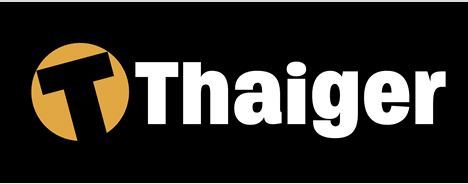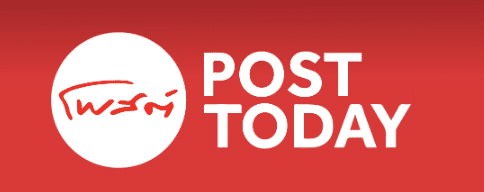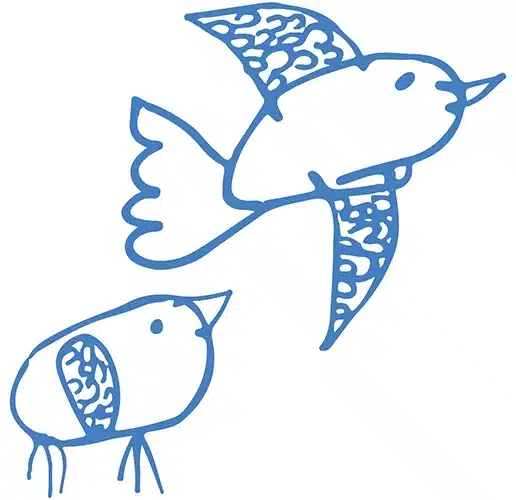
The Dove Programme at The City School
Personalized learning pathways for children who thrive with greater support.
At ELC International Schools Bangkok, inclusion and belonging sit at the heart of daily life. We believe every child is capable, curious, and full of potential—and it is our responsibility as a whole school to nurture that potential so every child feels safe, seen, and supported.
What is the Dove Programme?
Dove is part of ELC’s Student Services & Wellbeing (SSW) team at The City School (City Campus). It provides a small-group learning environment—typically 4–6 children—for primary-aged learners who benefit from more personalised support, so each child is understood, celebrated, and empowered to thrive.
Dove is not a separate school; it’s a specialised programme woven into school life, one of the ways we make ELC more accessible and responsive for diverse learners.
Grounded in Reggio, shaped by community
Rooted in the Reggio Emilia philosophy and ELC’s Community Promises, Dove reflects our belief that differences are not barriers but guides for how we personalise learning. Classrooms are nurturing, sensory-responsive spaces where education, care, and wellbeing come together. We document learning so growth—academic, social, and emotional—is visible over time.
How learning looks
A child’s week blends time in their class community with focused small-group sessions. Our SSW team co-plans with class teachers to align goals, adapt environments, and integrate support through the project work ELC is known for. When helpful, we partner with families and allied professionals to ensure continuity of strategies at home and at school.
A language-rich, accessible environment
Guided by speech and language expertise, we use a Total Communication approach—spoken language, visuals, gestures, and AAC—so every child has multiple ways to express themselves and fully engage.
The environment as a “third teacher”
Across ELC, spaces are intentionally designed to invite curiosity and independence. Dove rooms mirror this approach while offering tailored regulation zones and materials.
Why it matters
Our aim is simple and ambitious: to create pathways where children flourish—academically, socially, and emotionally—while experiencing a true sense of belonging in the ELC community.
How Dove differs from a therapy centre
- Education first, therapy integrated: Academic learning and social-emotional development anchor the day; therapeutic strategies are embedded in routines rather than delivered in isolation.
- Belonging over “services”: Children learn as part of a group, building friendships and identity within a school community.
- School rhythms: Morning meetings, project work, literacy and numeracy, play-based learning, and community events—so skills are practised in real contexts.
- Long-term growth: We build developmental progress, resilience, and independence over multiple years—not just time-limited blocks of remediation.
- Family partnership: Parents are co-authors of plans, with open communication and regular reviews (ISPs) to keep goals aligned.
Partnership with parents
Education is a partnership. We co-design supports that honour each child’s strengths and voice, and we keep communication open, compassionate, and practical throughout the journey.
Who is it for?
Primary-aged children who will thrive with greater support in a small-group setting, alongside meaningful participation in class community life.
The Dove Programme is designed for children who need a personalized, therapeutic, and relationship-centred approach to learning.
Children who thrive in The Dove Programme:
-
May be neurodivergent, with developmental, communication, or sensory differences (e.g., Autism, ADHD, Down syndrome)
-
May struggle to self-regulate or fully engage in a mainstream classroom setting
-
Benefit from a smaller, more connected environment that feels calm and intentionally designed
-
Thrive in learning spaces that integrate therapeutic strategies into everyday routines
-
May not feel fully safe, seen, or valued in a typical classroom (unable to express it)
-
Need clear routines, visual supports, and predictable transitions to feel secure and ready to learn
-
Respond best to hands-on, flexible learning that adapts to their interests and strengths
-
Engages when given time and space to explore, question, and co-construct knowledge
We support a wide range of learner profiles, including but not limited to:
Neurodevelopmental profiles
Children who benefit from highly structured support for learning, self-regulation, and communication.
-
Autism Spectrum Disorder (ASD)
-
Attention-Deficit/Hyperactivity Disorder (ADHD)
-
Global Developmental Delay (GDD)
-
Intellectual Disability (ID)
Speech, language, and communication profiles
Children who thrive with total communication strategies and support for expressive and receptive language development.
-
Childhood Apraxia of Speech (CAS)
-
Language Disorders (expressive, receptive, or mixed)
-
Selective Mutism
-
Social (Pragmatic) Communication Disorder
Sensory and motor profiles
Children who benefit from sensory-responsive classrooms, movement breaks, and occupational therapy support.
-
Sensory Processing Disorder (SPD)
-
Dyspraxia / Developmental Coordination Disorder (DCD)
-
Hypotonia or Hypertonia
-
Significant Fine and Gross Motor Skill Delays
Medical and genetic profiles
Children with complex developmental needs linked to genetic or medical conditions.
-
Down syndrome (Trisomy 21)
-
Fragile X Syndrome
-
Rett Syndrome
-
Williams Syndrome
-
Prader–Willi Syndrome
-
Angelman Syndrome
-
Cerebral Palsy
Epilepsy and Seizure Disorders
Enquiries
To explore whether Dove is the right pathway for your child, please speak with your class teacher or contact admissions@elc.ac.th / +66 (0)2 381 2919. We’re happy to share how placement decisions are made within SSW and how we tailor support around each child.
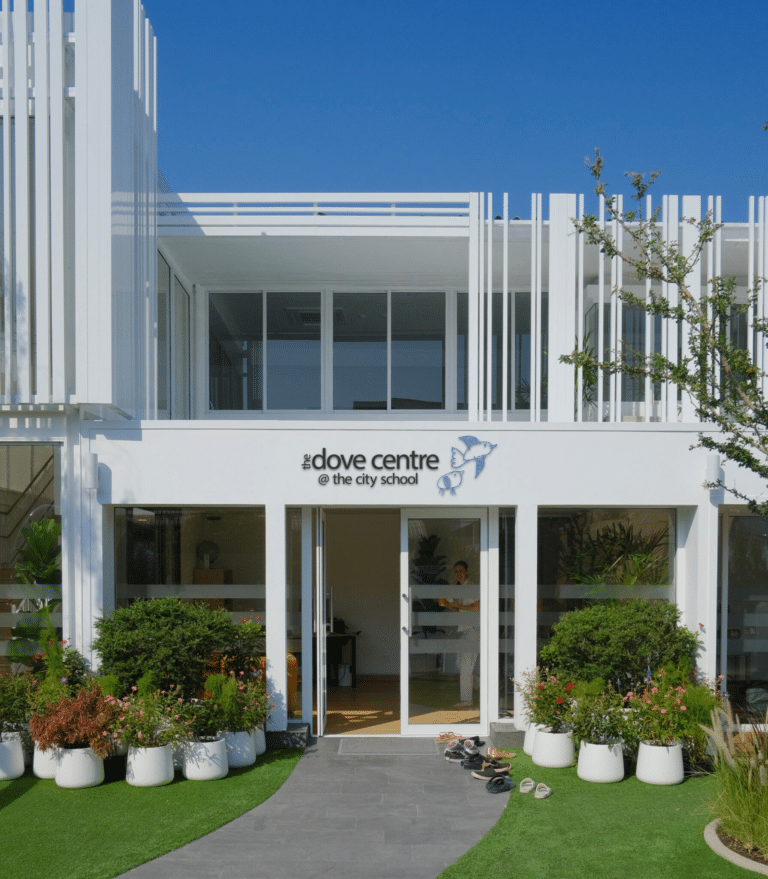
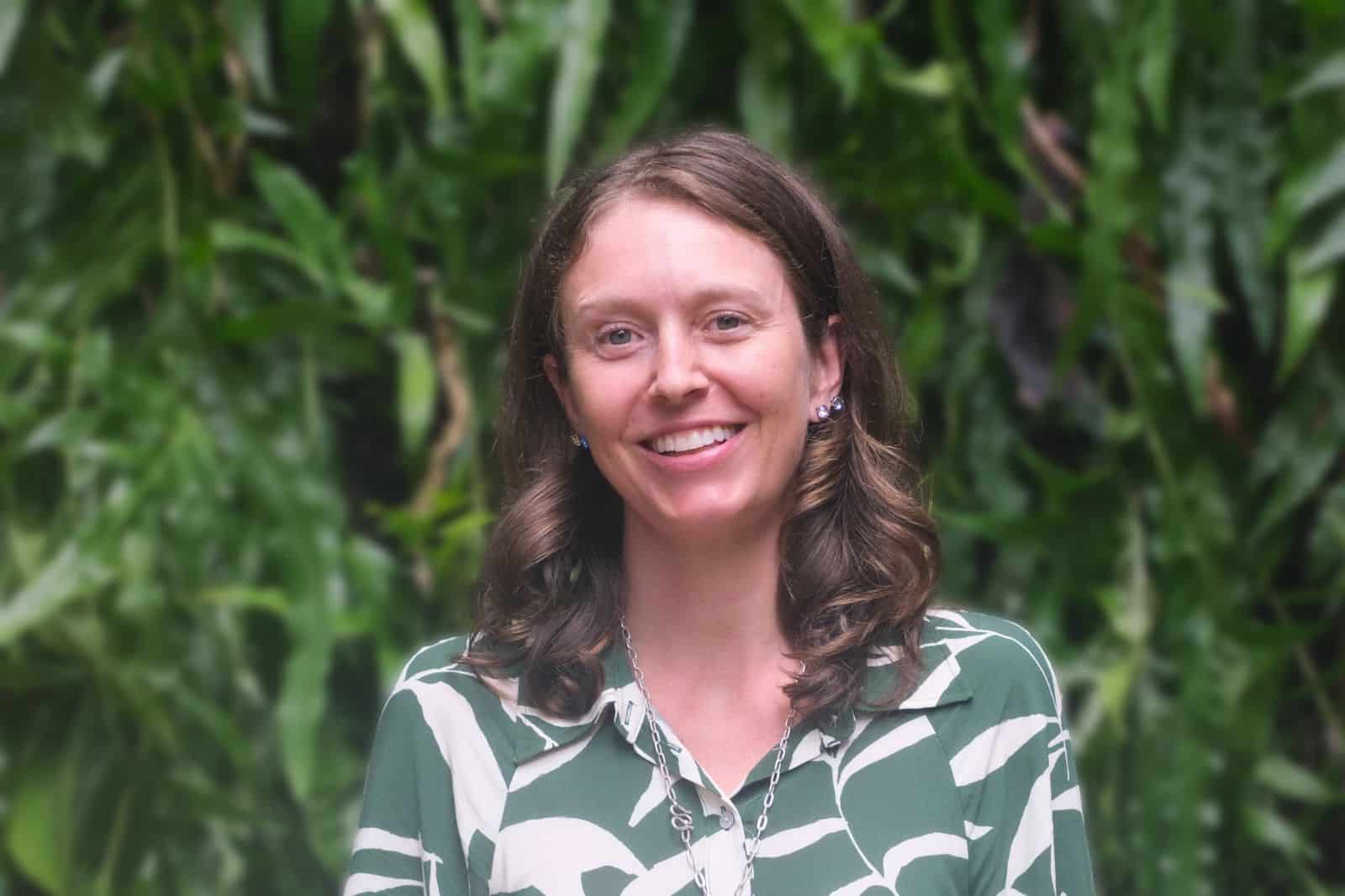
April Beresford
Teaching and learning at The Dove Programme is led by April Beresford. With 25 years of expertise as a disability specialist, April holds a Master’s degree in disability studies from Brock University in St. Catharines, Ontario. She has dedicated her career to supporting high-needs children in international schools, residential facilities, and vocational schools. Over the years, she has developed extensive knowledge in art therapy, music therapy, positive behaviour support, and play-based interventions. These methods promote child engagement, enhance communication skills, and encourage social skill development. April’s holistic approach fosters independence and confidence in every individual she works with, ensuring they reach their full potential in diverse educational settings.
“We are proud to introduce The Dove Programme at The City School, which furthers our commitment to providing specialized support for children who benefit from a more tailored and structured environment. We believe that every child deserves an education that is as unique as they are, using a holistic approach that fosters independence and confidence, ensuring they reach their full potential in diverse educational settings.”
Interested families are welcome to contact our Director of Admissions, Ms. Melissa Davison: admissions@elc.ac.th
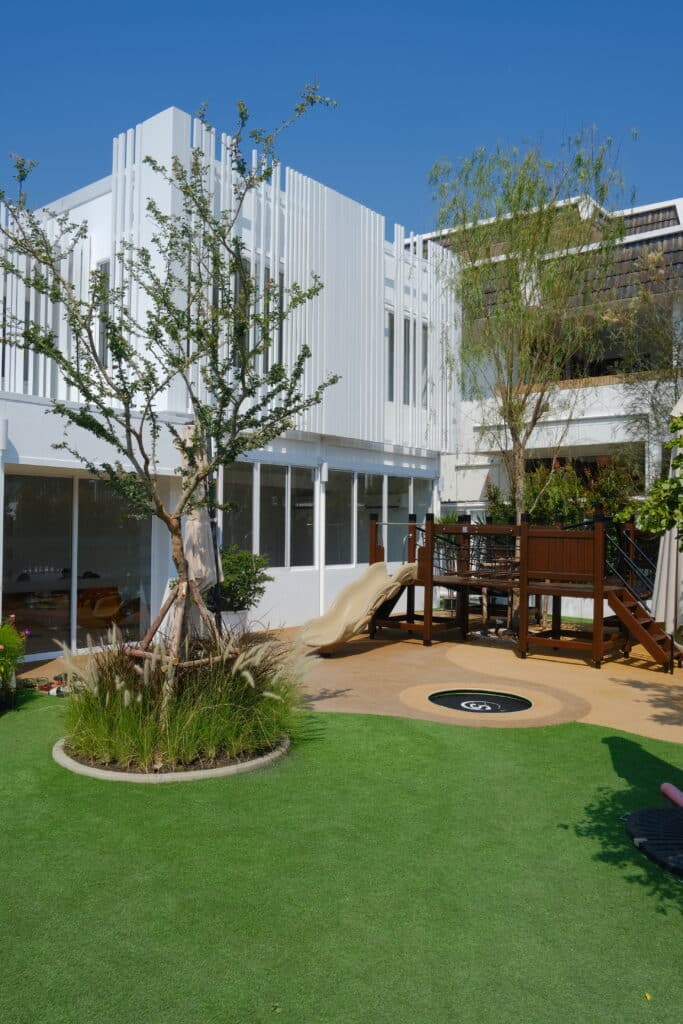
Recognized by the Press
The launch of The Dove Programme has been widely recognized by the press, highlighting our commitment to inclusive education and personalized learning. We’re proud to be shaping a new standard for special education in Bangkok.
Come visit us.
